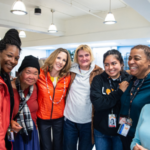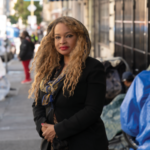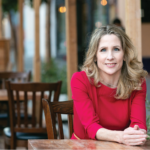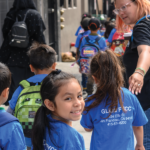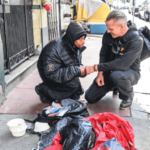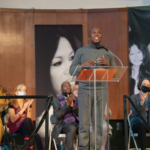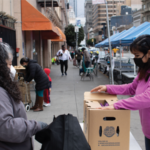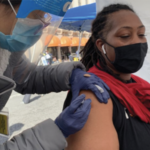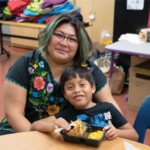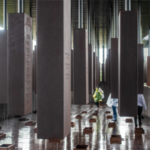Providing a Community of Support for Children and Families
Providing a Community of Support for Children and Families
In San Francisco County, 40% of Black children live in poverty, compared to 3% of white children. Children raised in poverty are likely to remain in poverty all their lives – unless they or their parents find pathways out of that intergenerational cycle. GLIDE works to break these cycles of intergenerational poverty by creating pathways to economic independence, family resilience and healthy child development. Through essential support services, GLIDE helps children, and their families stabilize and thrive.
40% of Black children in San Francisco County live in poverty, compared to 3% of white children
GLIDE adapted to new ways of building these pathways during COVID-19 pandemic. The closure of schools and childcare programs highlighted the devastating effect that lack of childcare has on families, many of which experienced financial hardships. 93% of the families in the Janice Mirikitani Family, Youth and Childcare Center (FYCC) at GLIDE lost income during the start of the pandemic and the road back to economic recovery has not been easy.
Lanie Igtanloc, FYCC director, says, “Most of the parents in our programs had jobs in the service industry, and their workplaces closed during the pandemic. GLIDE’s support was more important than ever during these difficult times, we never left them alone.”
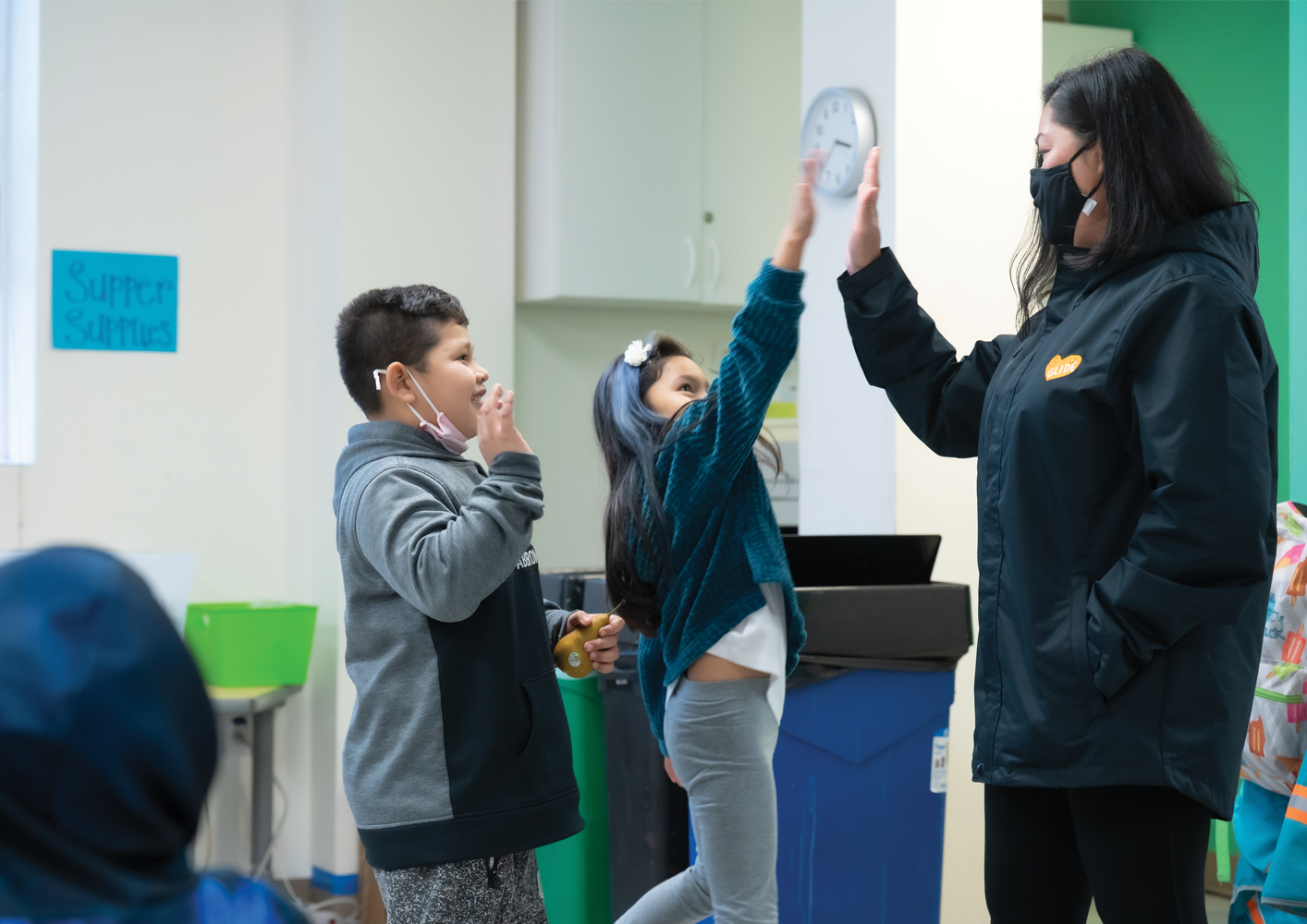
The FYCC offers afterschool programs for children in kindergarten through fifth grade and childcare for those 18 months to 5 years old. Those programs shut down during the first few months of the pandemic, but re-opened in new, hybrid forms in the latter half of 2020.
Teachers in FYCC programs utilized approaches from GLIDE’s coach-navigator model, where staff can help clients find stability in any of eight necessary life domains, including nourishment and food security; essential life skills and needs; shelter and housing; family relationships; substance use treatment; mental health care; medical care; and community building. By checking in with parents and getting to know our families and their needs, “We build long term, intergenerational family relationships, so families come to trust us in times of difficulty,” says Igtanloc.
“We build long term, intergenerational family relationships, so families come to trust us in times of difficulty.”
~Lanie Igtanloc, director of the Janice Mirikitani Family, Youth and Childcare Center (FYCC)
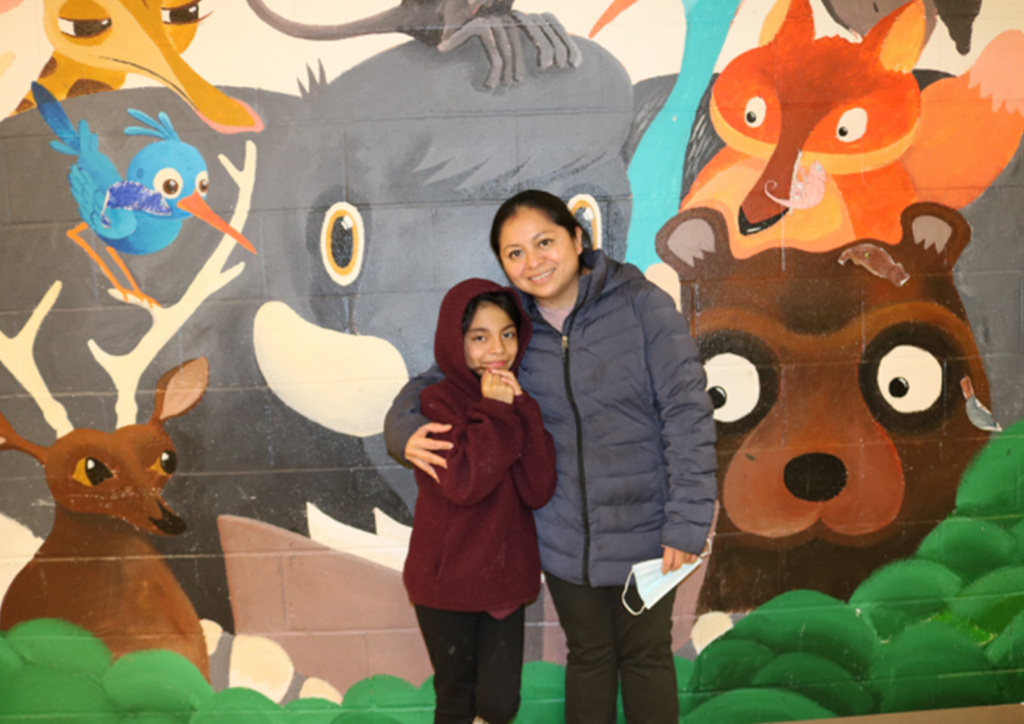
Two years into the pandemic, schools have reopened, childcare resources are returning, COVID vaccines — available through GLIDE’s Tenderloin Hub — are more widely available for adults and some children, and have helped many families regain a state of somewhat normality. Even so, it continues to be stressful both financially and mentally for many FYCC clients who are still figuring out how to navigate the pandemic, especially for those with children who are growing up during these difficult times. For low-income families that live paycheck to paycheck, just one month of missed income can take months or even longer to bounce back from.
For mothers like Landy, an FYCC client, having a community to lean on for support after she lost her job made a world of difference for her and her three daughters. “It’s like another home for my daughters, like a family. When I see the teachers, they are always so friendly and welcoming. A lot of families are happy having their kids here,” says Landy.
“Providing a community of connection, stability, and hope is fundamental for our clients,” says Igtanloc. “Our support today is just as important as ever.”

